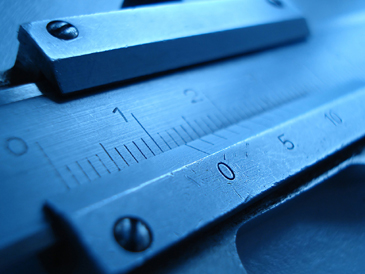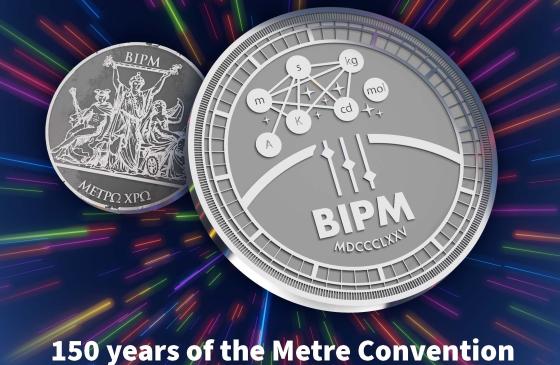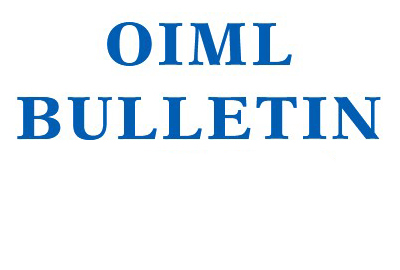What is legal metrology?

Legal metrology is the application of legal requirements to measurements and measuring instruments

Measurements are so much a part of our daily lives that we often take them for granted and possibly don’t even notice them. For example
- we monitor the speed at which we drive to ensure we travel safely and thus reduce road casualties,
- we undergo medical checks to make sure we remain healthy,
- we use time to be punctual for appointments, and satellite positioning systems to pinpoint our location,
- we consume electricity, gas and water which are billed based on measurements,
- we buy meat, fish, fruit and vegetables by weight,
- we fill our cars with fuel by volume,
- we have our vehicles checked to monitor the exhaust emission levels,
- and so on.
Very often, small errors in either direction average out over a large number of measurements. But biased errors can create considerable financial prejudice - for example, inaccurate measurements of oil at each of the many transaction points from the oil well to the end consumer can have serious economic consequences.
As another example of the importance of measurement, incorrect radiation doses in cancer treatment can have a critical effect on our health.
Legislation on measurements and measuring instruments is required in all these cases, as well as when there is a need to protect both the buyer and the seller in a commercial transaction, or where measurements are used to apply a sanction. Virtually all countries provide such protection by including metrology in their legislation – hence the term “legal metrology”.
Creating global standards for use in legal metrology legislation is the role of the OIML [Read more].
For a more formal presentation of legal metrology please refer to OIML D 1:2020 National metrology systems – Developing the institutional and legislative framework.
For examples of measurements in our daily lives, click here to view the VSL (Netherlands) video "Metrology in daily life".






